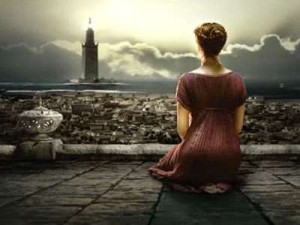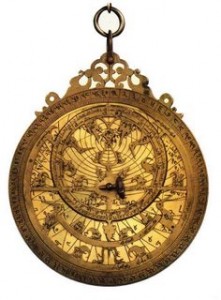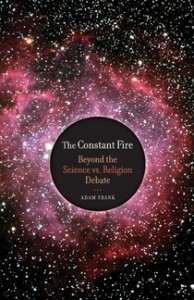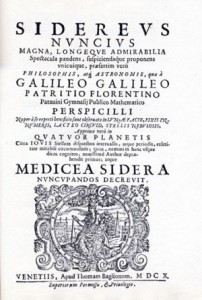May 28 2009
Conference announcement: ‘Astronomy and civilisation’ (Budapest)
This upcoming conference on Astronomy and Civilisation is part of the 2009 International Year of Astronomy series of events. It will be held August 10th-13th in Budapest, Hungary. The conference has as its goal the exploration of the connections that exist between the natural sciences, astronomy, and civilization — interdisciplinarity at its best.
The conference will include sessions on various topics spanning areas as diverse as physics, human cognition, art, astronomy, and religion. For those who wish to submit a paper for consideration, the call is open until May 30th, 2009.
More information may be found here.
[Edited to add that the early registration deadline, including the call for abstracts, has been changed to June 15, 2009, and the deadline for registration is now July 1, 2009. Thank you to Attila Grandpierre for this information.]




